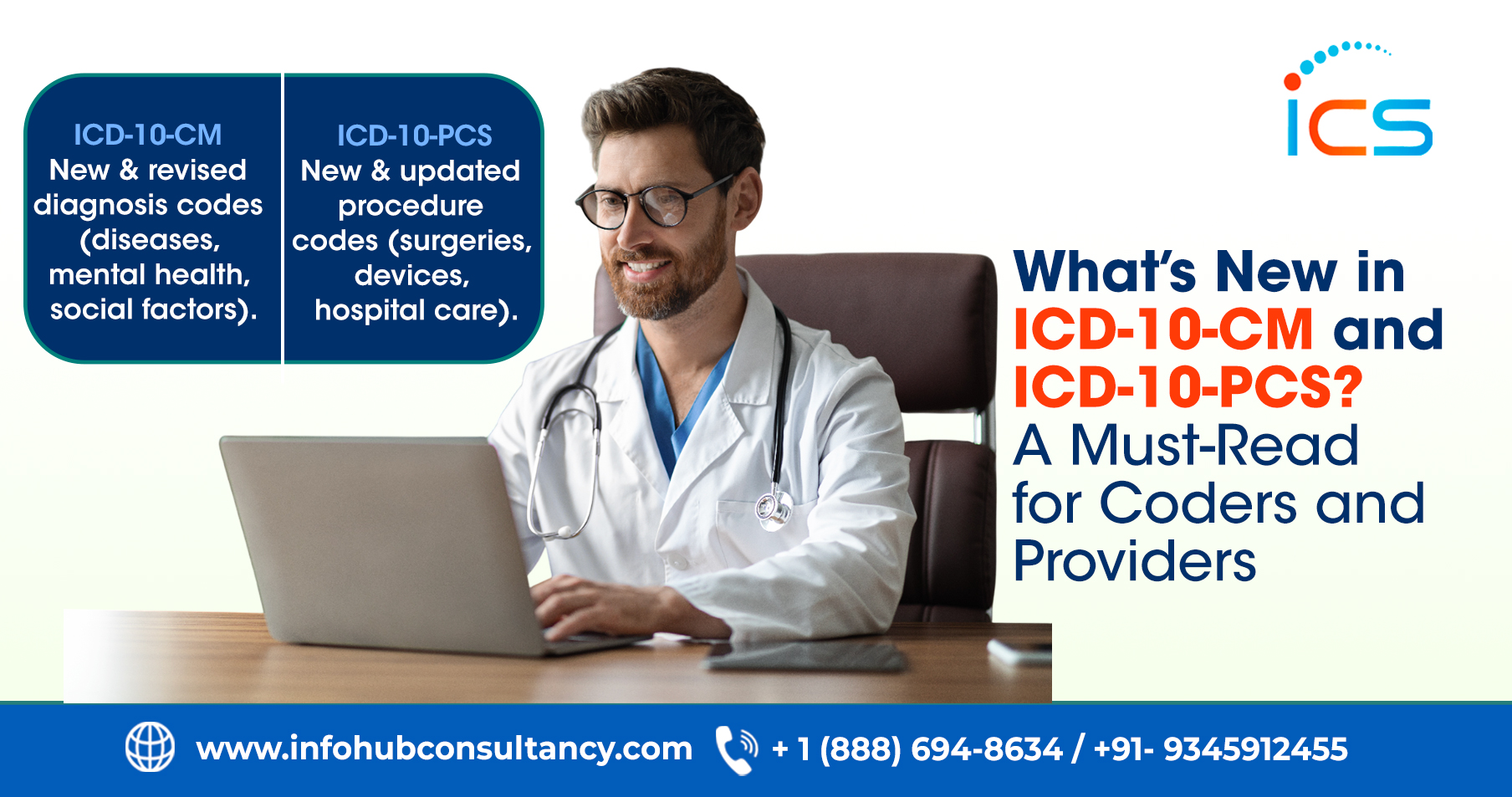Cardiology billing involves the documentation and coding of cardiovascular procedures and diagnoses to ensure accurate reimbursement from insurance providers. This process is integral to securing proper payment and maintaining compliance with healthcare regulations. As cardiology continues to advance with new technologies and procedures, practices face unique billing challenges that require attention and expertise.
What is the Cardiology Medical Billing Process?
Cardiology medical billing involves documenting and coding cardiovascular procedures and diagnoses to secure proper reimbursement from insurance companies. The process begins with capturing comprehensive patient data, which is then translated into standardized ICD-10 (International Classification of Diseases, 10th Edition) and CPT (Current Procedural Terminology) codes. These codes reflect the conditions treated, procedures performed, and any additional services provided.
Accurate documentation and coding are essential for claims submissions. Each patient encounter must be thoroughly documented, including all relevant diagnoses, procedures, and complications. Proper coding not only facilitates correct reimbursement but also ensures compliance with healthcare regulations. Given the complexity of cardiovascular treatments, cardiology medical billing requires specialized knowledge and vigilance.
Challenges of Cardiology Billing
1. Frequent Coding Updates
One major challenge in cardiology billing is staying current with frequent updates to ICD-10 and CPT codes. The medical coding landscape is dynamic, with regular revisions impacting how procedures and conditions are documented. Billing teams must remain informed about these changes to avoid errors that can lead to claim denials or payment delays. Misuse of modifiers, which provide additional information about procedures or diagnoses, can particularly affect reimbursement and compliance.
2.Complex Documentation Requirements
Cardiology procedures often involve intricate documentation needs. For instance, cardiac catheterization might include various interventions, each requiring specific coding. Incomplete documentation can result in missed codes and lost revenue. Additionally, if a procedure deviates from the anticipated course due to the patient’s condition, accurate documentation is necessary to reflect these changes and ensure correct billing.
3.Emphasis on Diagnosis Over Symptoms
In cardiology billing, it’s crucial to focus on confirmed diagnoses rather than symptoms. Coding should reflect the actual diagnosis when it’s confirmed, as billing for symptoms not associated with a confirmed condition can lead to inaccurate claims. This requirement highlights the need for precise documentation and coding to ensure that the billing process accurately represents the patient’s condition and treatment.
4.Coding Comorbidities
Comorbidities are additional health conditions that can complicate a patient’s primary diagnosis. Coding these comorbidities is vital for demonstrating the complexity of a case and securing appropriate reimbursement. For example, a cardiologist treating a patient with congestive heart failure should document and code any additional conditions, such as COPD or anemia, to help payors understand the full scope of the patient’s health and determine reimbursement rates.
5.Human Errors
Human errors can occur despite best efforts. These errors might include incorrect coding, missed documentation, or improper use of combination codes. Such mistakes can lead to claim denials, compliance issues, and delayed payments. Regular audits and staff training are essential to minimize errors and maintain billing accuracy.
6.Compliance Issues
Compliance with healthcare regulations is a significant concern in cardiology billing. Inaccurate coding or incomplete documentation can result in compliance issues, leading to potential legal and financial repercussions. Ensuring that the billing process adheres to current regulations and standards is crucial for maintaining practice integrity and avoiding penalties.
Preparing Your Practice for Cardiology Billing Challenges
1.Invest in Continuous Education
To tackle billing challenges, invest in continuous education for your billing and coding staff. Regular training on the latest ICD-10 and CPT code updates and changes in billing regulations is essential. Understanding modifiers and their impact on reimbursement is also crucial. Ongoing education helps ensure your team remains knowledgeable and capable of handling the complexities of cardiology billing.
2.Utilize Combination Codes Effectively
Incorporate combination codes where applicable to enhance billing accuracy. These codes allow for the simultaneous representation of multiple conditions or complications, reducing the likelihood of claim denials. Ensure your coding team is well-versed in the proper use of combination codes and follows coding instructions such as “Code also,” “Use additional codes,” and “Code first.”
3.Ensure Complete and Accurate Documentation
Emphasize the importance of complete and accurate documentation within your practice. Detailed documentation is crucial for capturing all relevant aspects of patient care and ensuring full reimbursement. Address documentation gaps promptly, especially for complex procedures like cardiac catheterization, to avoid revenue loss and compliance issues.
4.Focus on Diagnoses, Not Symptoms
Train your team to focus on confirmed diagnoses rather than symptoms in their coding practices. Ensure that coding reflects the patient’s actual condition and treatment plan. Avoid coding for symptoms unless they are associated with a confirmed diagnosis, as this can lead to billing inaccuracies and potential claim denials.
5.Regular Audits and Reviews
Conduct regular internal and external audits to identify common errors and areas for improvement. Audits can reveal coding and documentation issues, highlighting the need for additional staff training and process adjustments. Maintaining open communication between physicians and the billing team is essential for successful revenue cycle management.
6.Partner with Experts
Consider partnering with a billing consultancy specializing in cardiology, or an outsourcing medical billing and coding services provider. Experts can provide valuable insights, streamline your billing processes, and ensure compliance with current regulations. An experienced consultancy can also assist with audits, training, and implementing best practices to effectively overcome billing challenges.
Let Info Hub Consultancy Services Help You
Navigating cardiology billing challenges can be complex, but you don’t have to face them alone. At Info Hub Consultancy Services, we offer offshore medical billing and coding services designed specifically for cardiology practices. Our experts are adept at managing the nuances of cardiology billing, from precise coding and thorough documentation to ensuring compliance and providing audit support.
Reach out to us at +1 (888) 694-8634 / 0422 4212 455, or email inquiry@infohubconsultancy.com to find out how our offshore medical billing and coding services can streamline your cardiology billing process and optimize your revenue cycle management.

 Medical Billing
Medical Billing  5 mins read
5 mins read 









